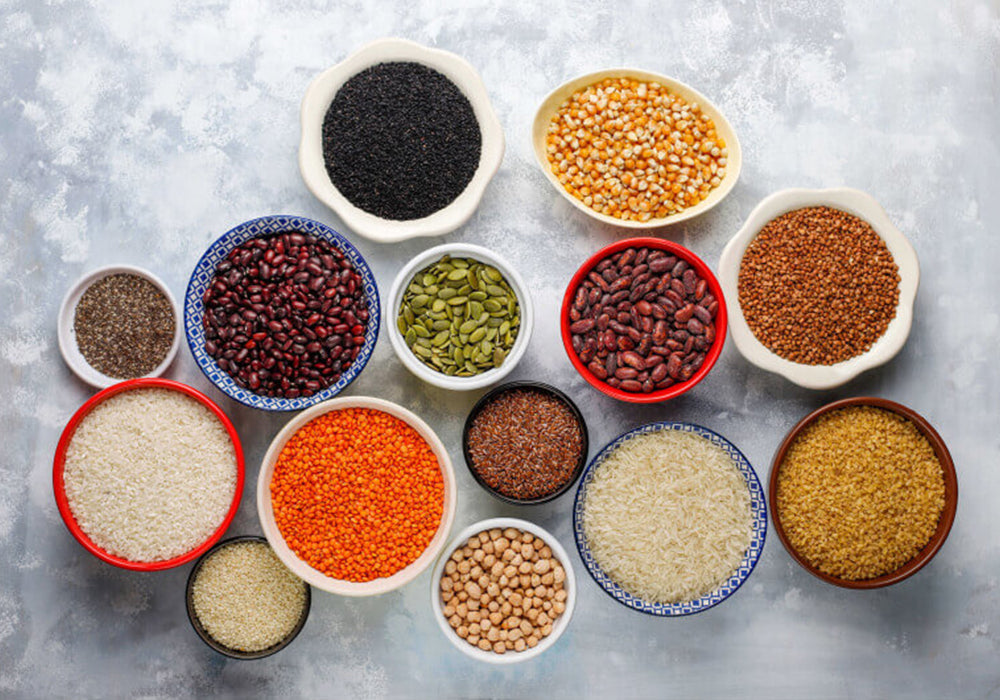Diabetes Nutrition - Eat A Healthy Meal To Help Your Body Heal

Healthy eating in diabetes means eating a well-balanced diet which include different variety of foods in moderate amount at regular intervals.
Heathy Eating Can Help You:
-
Control your blood sugar
-
Manage your body weight
-
Prevent complications such as diabetes, heart and kidney problems etc.
Your daily diet should be well-balanced with Carbohydrates, Fats, Proteins, Vitamins, Minerals and Fiber.
Carbohydrates And Diabetes

Carbohydrates, or carbs, are a type of nutrient in foods. It is present in most of the foods we eat. The three basic forms are
-
Sugars
-
Starches
-
Fiber
Sugar and Starches - When you eat or drink something with carbs, your body breaks down the sugars and starches present in food into glucose, the main source of energy for cells in your body. Some foods are quickly digested and absorbed, thus raising the sugar level in your blood faster than the others indicating that these foods have high glycaemic index (GI). While food with low GI are slowly digested and absorbed, producing a gradual rise in blood sugar levels. Thus, you should include foods with low GI in your diet.
Fiber passes through your body undigested. Fiber in your food is 100% safe carbohydrates that give you feeling of fullness without adding calories or raising your blood glucose levels. To maintain your blood glucose level, you must include fiber rich foods in your meals and avoid refined foods which are low in fiber.
To maintain blood glucose levels, it’s important to not only monitor the amount of carbs but also its type and rate of absorption which varies with the amount of fiber.
Fats And Diabetes

Diabetics have a high risk of heart diseases therefore dieticians recommend low fat diet. Along with the quantity take care of quality of fat in your food. It’s advisable to have more of good or healthy fats like monounsaturated fats (MUFA) and polyunsaturated fats (PUFA) than bad or unhealthy fats like saturated fats (SFA) and trans fats (TFA).
Proteins And Diabetes

Protein helps you to grow, create new cells and repair damage cells. It is one of the major energy providing nutrient along with carbs and fats. Protein is also broken down into glucose by your body but it does not raise blood sugar levels during absorption as carbs. It also doesn’t supply as many calories as fats.
Taking adequate amount of protein along with right amount and type of carbs in all meals helps you to maintain the adequate glucose levels in blood and promotes satiety.
Vitamins And Minerals

Vitamins and minerals are the micronutrients that your body requires in less amount but they are very much essential for the proper functioning of your body. Diabetics are more prone to micronutrient deficiencies which affect their day to day activities. Vitamin D deficiency may contribute to impaired glucose tolerance. Thus, a diet rich in vitamins and minerals especially vitamin C, D, E, chromium, magnesium and zinc is encouraged.
ActiFiber Natural Sugar Control is a healthy, 100% Plant Origin source of fiber that is recommended by nutritionists to help manage Blood Sugar better. Make it a part of your daily diet.
